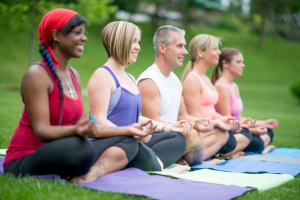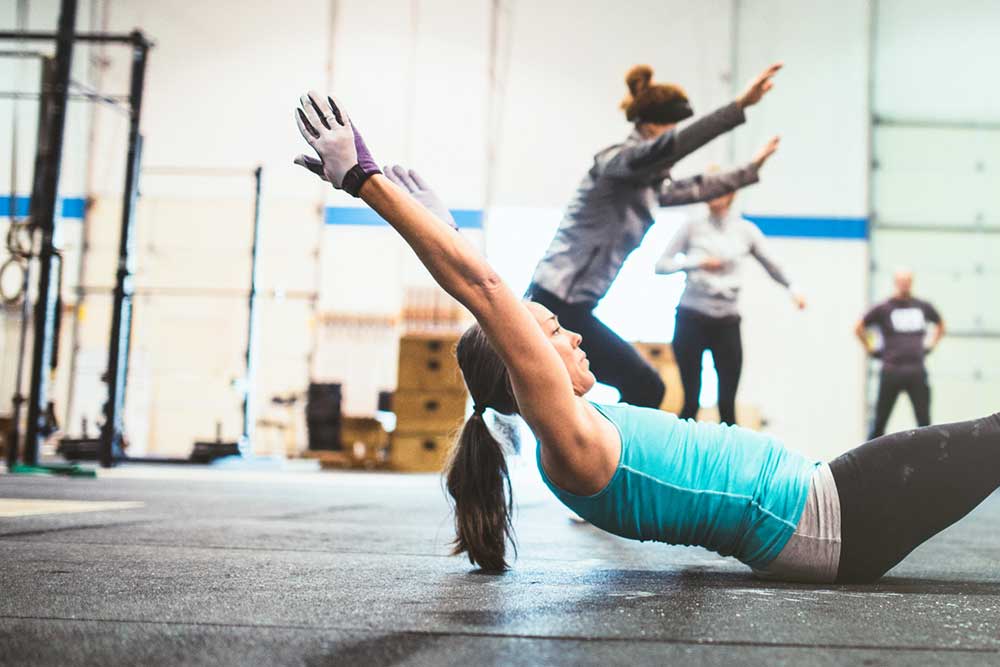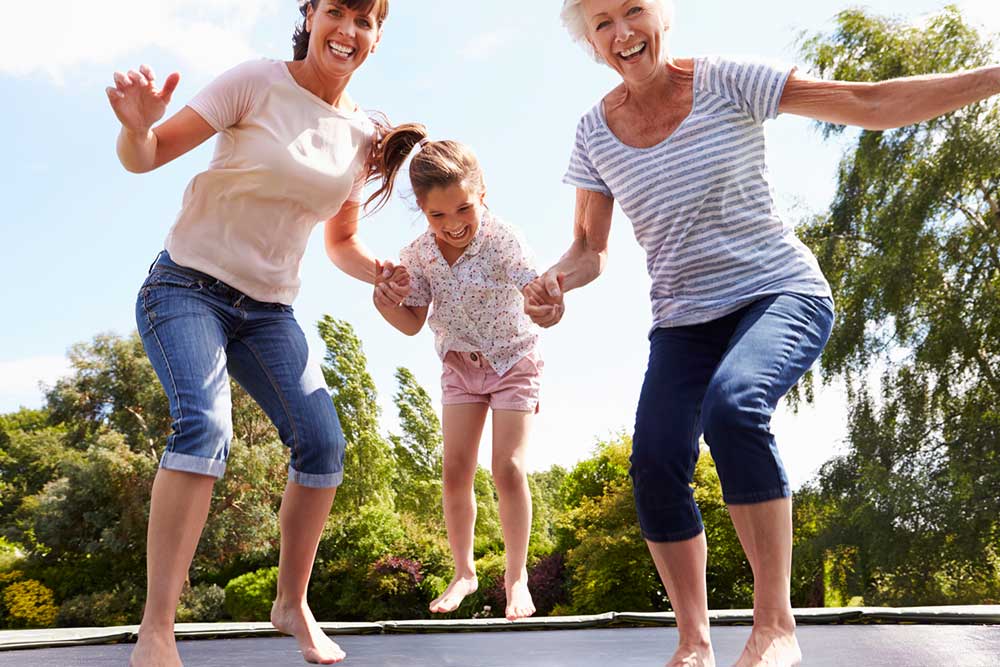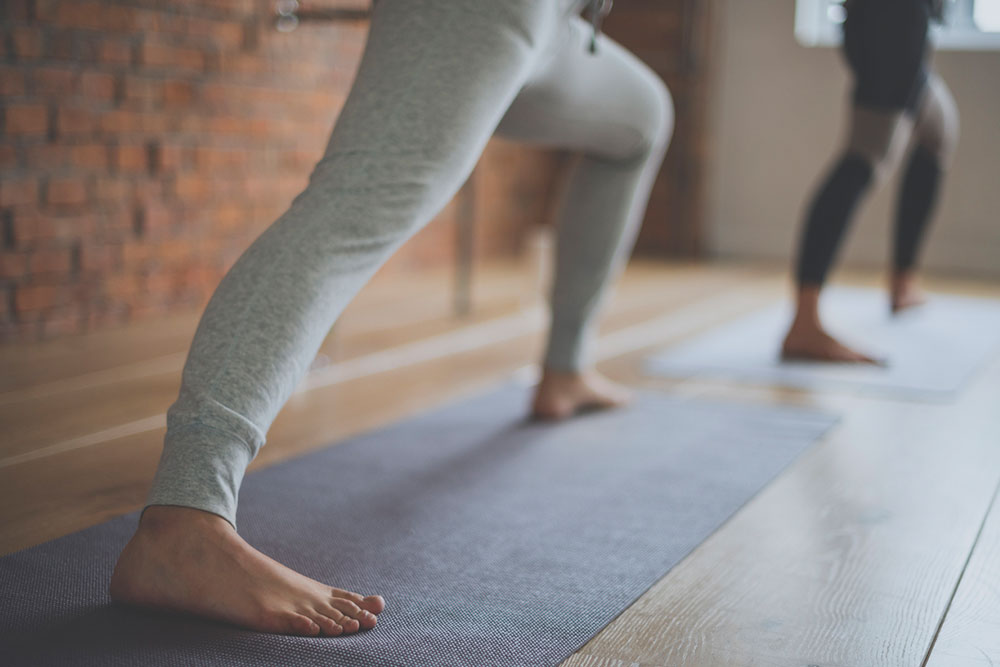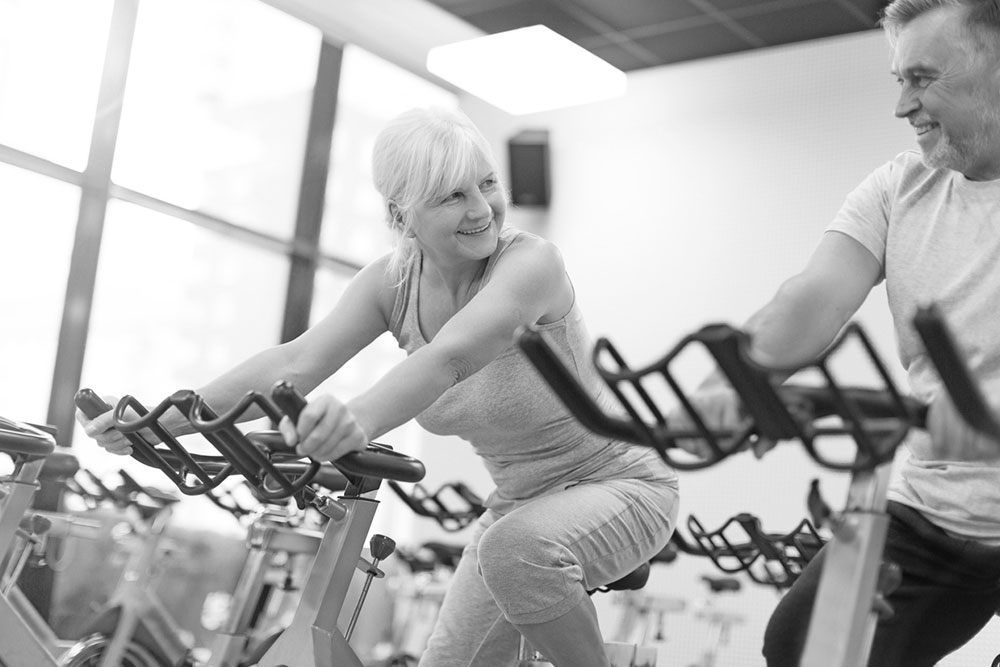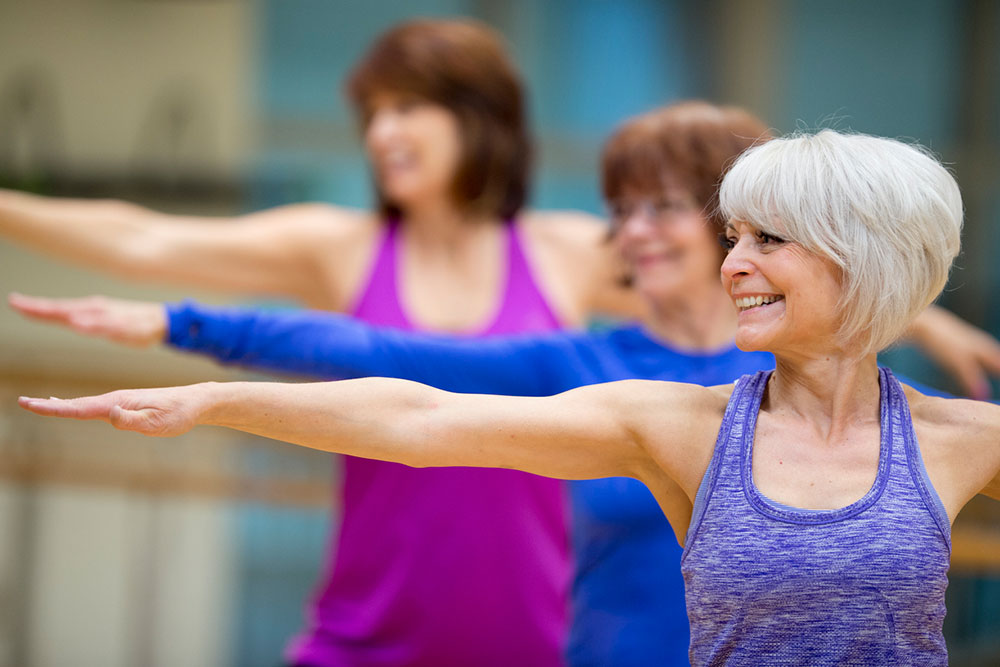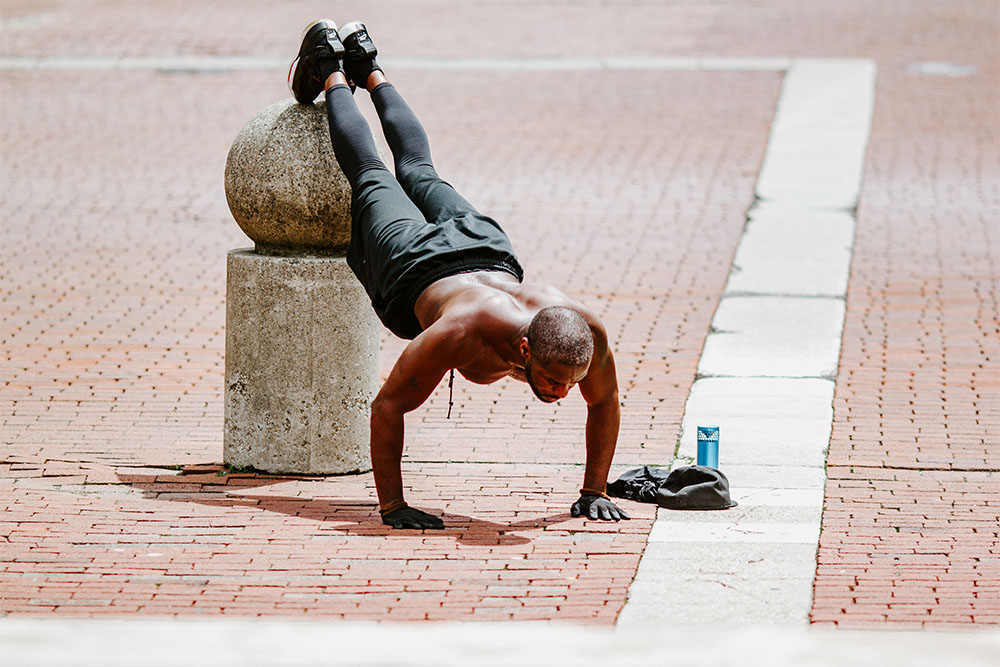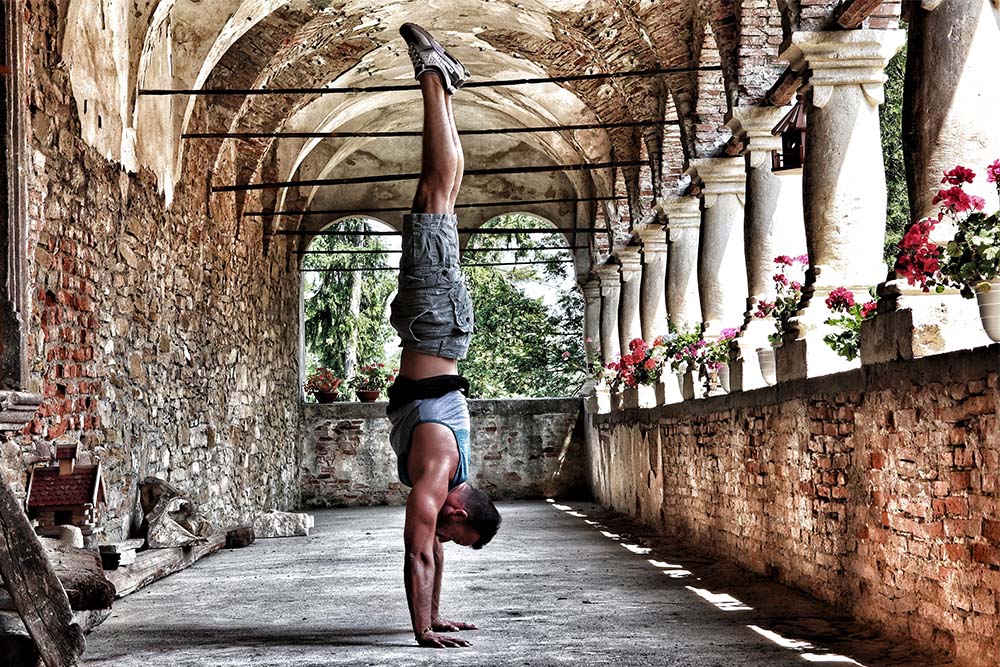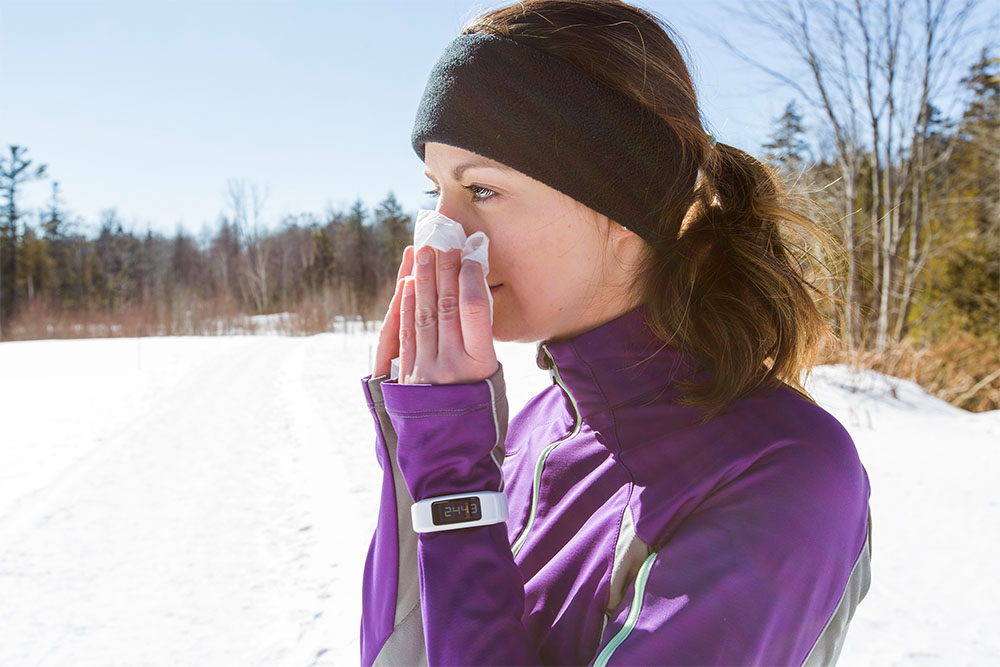Exercise, Fitness, And Alzheimer’s Disease
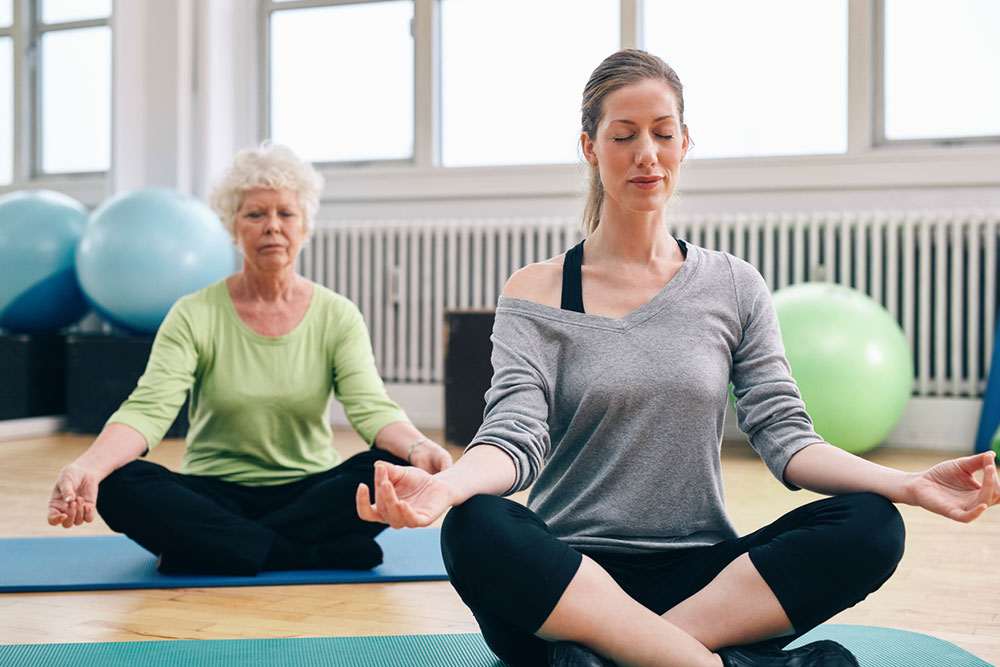
Sara Thompson – M.Sc. Exercise Science
Alzheimer’s disease (AD) is a neurodegenerative disease, affecting approximately 5.3 million Americans (Alzheimer’s Association, 2015). It’s usually characterized by memory loss, but can lead to other complications such as changes in behavior, mood swings, and disorientation. There are no preventative treatments or cures for AD, however there is growing evidence that exercise can be used as an effective therapy (Paillard et al., 2015).
Morris and colleagues recently conducted a randomized controlled pilot trial in adults in the early stages of AD. The Alzheimer’s Disease Exercise Program Trial (ADEPT) aimed to assess cognition, functional ability, and depression following 6 months of either aerobic exercise or stretching and toning (Morris et al., 2017).
The study
Seventy-six individuals enrolled, with 68 participants completing the study. The participants were randomly divided into either the aerobic exercise group or the non-aerobic stretching and toning group. The aerobic exercise group performed 60 minutes of aerobic exercise in week 1. They then increased their weekly exercise by approximately 20 minutes each week until they reached 150 minute per week, which is the public health recommendation. The participants were required to spread the 150 minutes of exercise over 3-5 exercise sessions each week. The non-aerobic group performed light strength and stretching exercises, such as core exercises, tai chi, and yoga. The researchers chose to have an active control group to correct for any potential positive effects due to social interaction.
Participants were assessed for memory, executive function, functional ability and depression before the training, at 13 weeks, and at 26 weeks (immediately post intervention). Participants were assessed for cardiorespiratory fitness and had brain magnetic resonance imaging (MRI) at baseline and at 26 weeks.
Findings
Following the 6-month intervention, the aerobic exercise group showed improved functional ability, measured by the Disability Assessment for Dementia (caregiver-based assessment of activities of daily living) compared to control subjects. Surprisingly, there were no effects of intervention on memory, executive function, and depression. However, secondary analysis revealed an association between improvements in cardiorespiratory fitness and improved memory and hippocampal volume (the part of the brain responsible for short- and long-term memory). The researchers hypothesize that the improvements in brain function observed in AD patients following aerobic exercise might be due to improvements in cardiorespiratory fitness. This is consistent with several studies that suggest that it’s not the aerobic exercise per se, but rather improved cardiorespiratory fitness secondary to exercise that brings about the beneficial changes to brain structure and function in AD (Billinger et al., 2016, Vidoni et al., 2015).
Aerobic exercise to treat and manage symptoms of AD is highly desirable due to the fact that it’s low-risk, inexpensive, and widely available. While there was no clear effect of exercise on memory, executive function, and depression in this pilot study, the researchers are still optimistic by these results. The aerobic exercise group improved functional ability compared to the non-aerobic group. Additionally, an association between improved cardiorespiratory fitness and improved memory and hippocampal volume suggest a mechanism by which aerobic exercise can improve brain function. More randomized trials are needed to determine optimal training interventions to improve cardiorespiratory fitness in this population.
Related Article: Exercise and Alzheimer’s Disease
References:
Alzheimer’s Association. (2015). Alzheimer’s disease facts and figures. Alzheimer’s & Dementia,1(3),332-384.
Paillard, T., Rolland, Y., de Souto Barreto, P. (2015). Protective Effects of Physical Exercise in Alzheimer’s Disease and Parkinson’s Disease: A Narrative Review. J Clin Neurol, 11(3), 212-219.
Morris, J. K., Vidoni, E. D., Johnson, D. K., Sciver, A. V., Mahnken, J. D., Honea, R. A., et al. (2017). Aerobic exercise for Alzheimer’s disease: A randomized controlled pilot trial. PLoS ONE, 12(2), e0170547.
Billinger, S. A., Vidoni, E. D., Morris, J. K., Thyfault, J. P., Burns, J. M. (2016). Exercise Test Performance Reveals Support of the Cardiorespiratory Fitness Hypothesis. Journal of Aging and Physical Activity, Oct 5:1-17 [Epub ahead of print].
Vidoni, E. D., Johnson, D. K., Morris, J. K., Van Sciver, A., Greer, C. S., Billinger, S. A., et al. (2015). Dose-Response of Aerobic Exercise on Cognition: A Community-Based, Pilot Randomized Controlled Trial. PloS One, 10(7):e0131647.
You Might Like:

